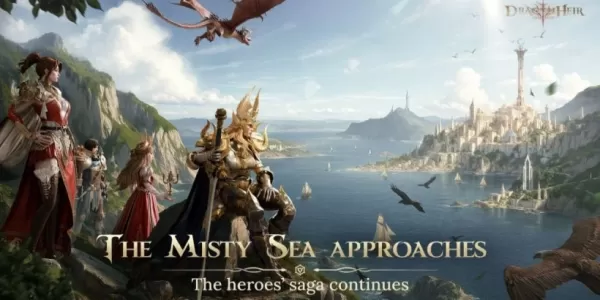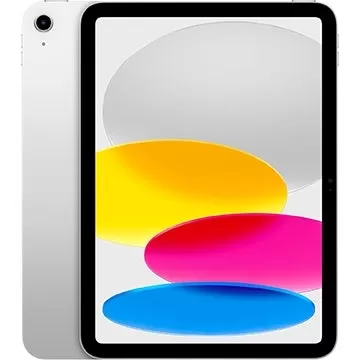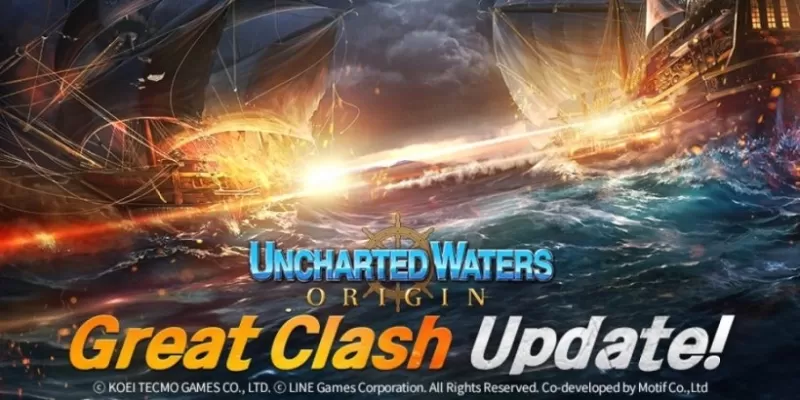Microsoft's multiplatform strategy is proving to be a major success, especially with its recent launches on PlayStation 5 alongside Xbox Series X|S and PC.
This success is confirmed by Sony’s own data, shared via a PlayStation blog post detailing the top-selling PlayStation Store games for April 2025.
In both the U.S. and Canada, Microsoft titles dominated the top three spots on the PS5 non-free-to-play download chart: The Elder Scrolls IV: Oblivion Remastered, Minecraft, and Forza Horizon 5.
A similar trend was observed in Europe, where Forza Horizon 5 led the way, followed by The Elder Scrolls IV: Oblivion Remastered and Minecraft.
*Clair Obscur: Expedition 33*, which received support from Microsoft through a Game Pass day-one launch and inclusion in Xbox showcases, also ranked highly on both regional charts.Additionally, Microsoft-owned titles such as Call of Duty: Black Ops 6 (from Activision) and Indiana Jones and the Great Circle (from Bethesda) made appearances in the rankings.
What does this indicate? Simply put—quality games rise to the top, regardless of their publisher. It's no surprise that these titles are performing well on PlayStation. The PS5 audience has been eager for experiences like Playground Games’ acclaimed open-world racer Forza Horizon 5, which saw a much-anticipated April release on the platform. Meanwhile, The Elder Scrolls IV: Oblivion Remastered continues to satisfy fans of classic Bethesda RPGs across multiple platforms. And then there's Minecraft, which remains a global phenomenon, especially following the viral success of the Minecraft movie.
This kind of cross-platform performance is becoming standard for Microsoft, which recently announced *Gears of War: Reloaded* for PC, Xbox, and PlayStation, set to release in August. It seems only a matter of time before *Halo*, once the flagship exclusive of Xbox, follows suit.Last year, Microsoft Gaming CEO Phil Spencer stated there were no “red lines” when it comes to releasing first-party titles across multiple platforms—including Halo. Speaking to Bloomberg, Spencer emphasized that every Xbox game is being considered for multiplatform releases. “I do not see sort of red lines in our portfolio that say ‘thou must not,’” he explained.
Spencer has framed Microsoft’s multiplatform approach as a business decision aimed at maximizing revenue, particularly in light of the company’s $69 billion acquisition of Activision Blizzard. “We run a business,” Spencer said in August. “It’s definitely true inside of Microsoft the bar is high for us in terms of the delivery we have to give back to the company. Because we get a level of support from the company that’s just amazing and what we’re able to go do.”
He added, “So I look at this, how can we make our games as strong as possible? Our platform continues to grow, on console, on PC, and on cloud. It’s just going to be a strategy that works for us.”
### Xbox Games Series Tier ListAs former Xbox executive Peter Moore told IGN last year, discussions around bringing Halo to PlayStation have likely been happening internally for some time.
“Look, if Microsoft says, wait, we're doing $250 million on our own platforms, but if we then took Halo as, let's call it a third-party, we could do a billion… You got to think long and hard about that, right?” Moore said.
“I mean, you just got to go, yeah, should it be kept? It's a piece of intellectual property. It's bigger than just a game. And how do you leverage that? Those are the conversations that always happen with, how do you leverage it in everything that we would do?
“It's had its ups and downs, but look, Xbox wouldn't be what Xbox is without Halo. But yeah, I'm sure those conversations are happening. Whether they come to fruition, who knows? But they're definitely happening, I'm sure.”
Of course, Microsoft risks alienating core Xbox fans who already feel the brand is losing its identity due to fewer exclusives and shifts in marketing focus. Introducing Halo to PlayStation may further anger this segment of the fanbase.
However, according to Moore, that shouldn’t stop Microsoft from making strategic business decisions.
“The question would be, ultimately, is that reaction enough not to make a fundamental business decision for the future of not only Microsoft’s business, but gaming in itself?” Moore asked. “Those hardcore [fans] are getting smaller in size and older in age. You've got to cater to the generations that are coming through, because they're going to drive the business over the next 10, 20 years.”
 Home
Home  Navigation
Navigation






 Latest Articles
Latest Articles










 Latest Games
Latest Games












